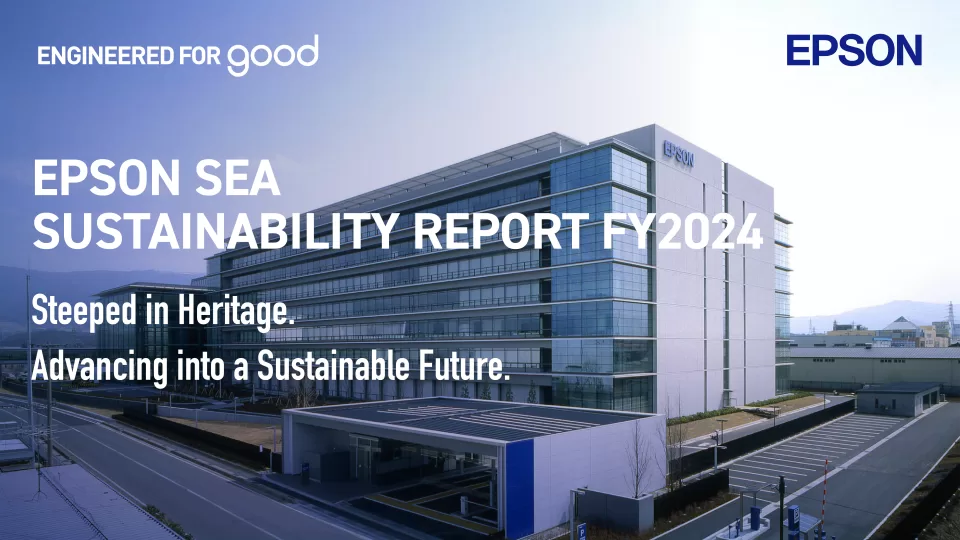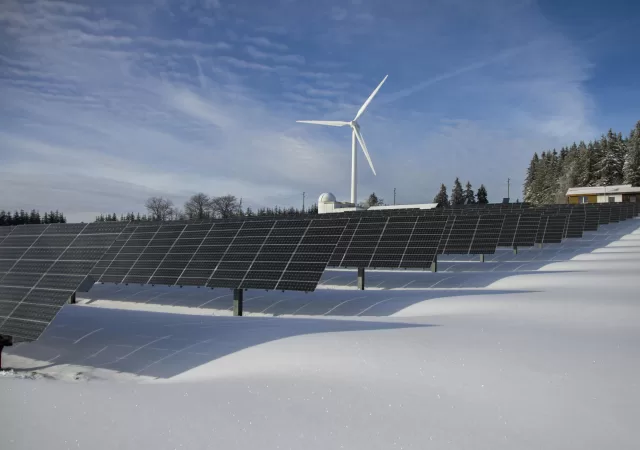Epson is showing concrete progress towards sustainability in its Fiscal Year 2024 Southeast Asia (SEA) Sustainability Report. This progress is seen across its operations, contributing to decarbonisation, waste reduction, and community upliftment. Most notably, Epson reduced its electricity usage by 11% and avoided 113 tonnes of CO2 emissions through logistics refinements, while simultaneously recycling over 1,600kg of ink consumables in the region. These successes validate the efficacy of Epson’s efforts in fulfilling its commitment to the global Environmental Vision 2050, which targets becoming both carbon negative and underground resource free by 2050.

In its FY24 report, Epson talks about having a cohesive approach to sustainability, built on four core materialities: Achieving Sustainability in a Circular Economy, Advancing the Frontiers of Industry, Improving Quality of Life, and Fulfilling Social Responsibility. This strategy has helped the company achieve milestones and also better its operations when it comes to environmental impact.
Decarbonisation and the Circular Economy
On the environmental front, Epson SEA recorded several key technical achievements focused on reducing its carbon footprint and waste:
- Electricity Reduction: The company reduced its electricity usage by about 11% in FY24. This reduction cut Scope 2 emissions (those from purchased electricity) to 814 tonnes of CO2 emissions, which is roughly the equivalent of the annual energy use of around 4,500 refrigerators.
- Logistics Efficiency: The expansion of drop-shipping operations, a logistical refinement designed to cut delivery emissions, avoided 113 tonnes of CO2 emissions. This represented a potential 21% increase in avoided emissions compared to the previous fiscal year.
- Resource Loop: Aligning with the goal of creating a closed resource loop, Southeast Asian markets collectively recycled over 1,600kg of ink consumables and successfully converted more than 500kg of food waste into fertilizer—an amount equivalent to around 1,700 meals.
- Sustainable Infrastructure: For in-office operations, one SEA office achieved BCA Green Mark Gold certification for sustainable building practices, with five more offices receiving certifications since.
To support future targets, Epson has also expanded its Scope 3 emissions tracking in FY24, which provides a broader visibility of emissions across its entire value chain to enable more informed sustainability decisions.
Governance, Community, and Social Impact
Beyond environmental metrics, the FY24 report detailed strong progress in governance and social responsibility. Governance was reinforced by achieving 100% employee participation in compliance training. This emphasis on operational discipline translated into an excellent safety record, with the company recording zero workplace-related incidents in FY24.
The company also deepened its commitment to community engagement and education:
- Education: Through its “Epson Goes to School” programme and donations of printers, Epson expanded support for education, helping teachers and students access learning materials more effectively. The company also supported robotics programmes across the region, equipping students with tools for a digital future.
- Ecosystem Restoration: Upholding social responsibility, Epson SEA collaborated with local partners to recover over 1,400 kg of waste, including plastics and foam, through clean-up efforts across six SEA markets. Notably, Epson Indonesia partnered with WWF’s Trees for Life project to plant 200,000 trees across 300 hectares, directly benefiting 300 families and contributing to long-term ecosystem recovery.
Tan May Lin, Sustainability Task Force Leader for Epson Southeast Asia, emphasized that aligning global sustainability goals with regional priorities ensures the company can scale initiatives that make a meaningful impact. The report ultimately demonstrates Epson’s data-driven, holistic approach to achieving long-term sustainability across its operational, social, and environmental pillars.





